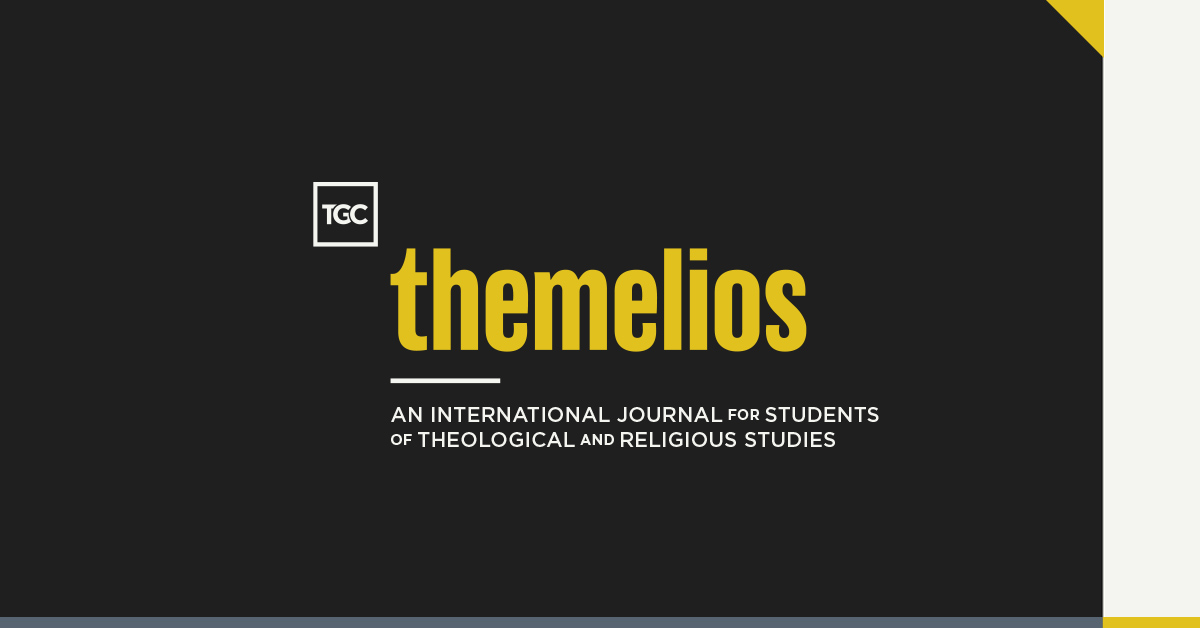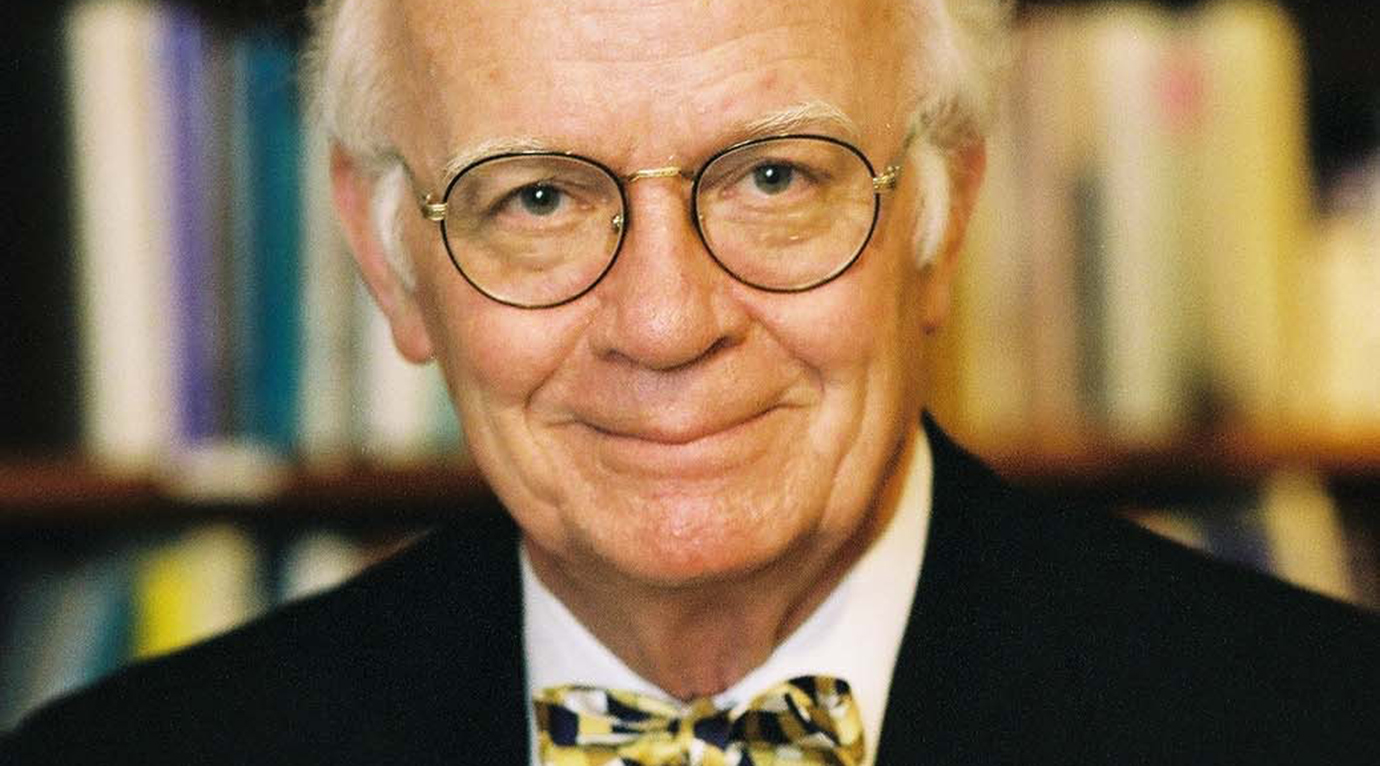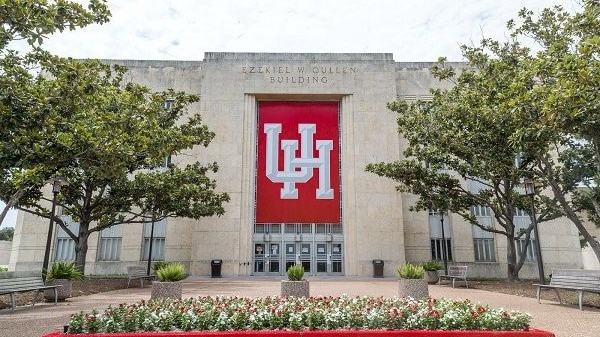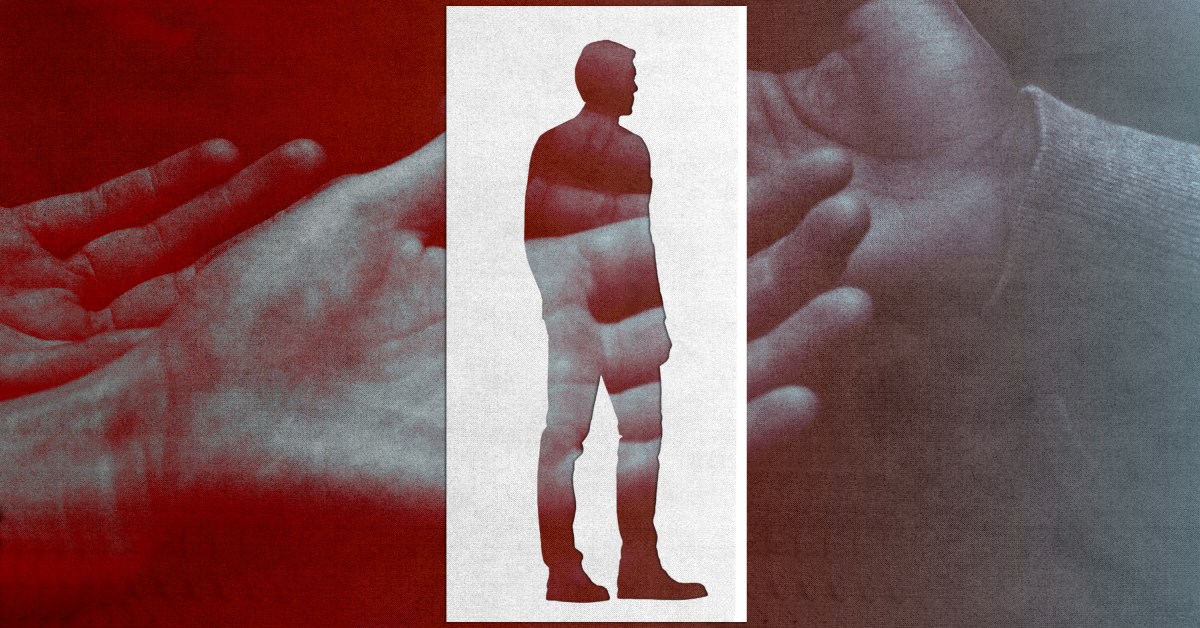Blood, Belief, and Borders: How Faith and Roots Shape National Identities
Religion
2025-03-30 19:54:15Content

The Formation of Nations: A Complex Interplay of Religion and Ethnicity
Throughout human history, the birth of nations has been a fascinating and intricate process, deeply rooted in the powerful forces of religious identity and ethnic connections. While scholars have long debated the primary drivers of national formation, the reality is far more nuanced than a simple either/or proposition.
Religious bonds have historically played a profound role in shaping national consciousness. From the early Islamic caliphates to the Christian kingdoms of medieval Europe, shared spiritual beliefs have often served as a powerful adhesive, binding diverse populations into cohesive social and political units. Religious institutions provided not just spiritual guidance, but also social structure, legal frameworks, and a sense of collective purpose.
Simultaneously, ethnic ties have been equally instrumental in nation-building. Common language, cultural practices, ancestral traditions, and shared historical experiences create deep-rooted connections that transcend individual experiences. These ethnic bonds can forge a sense of collective identity that becomes the foundation for national unity.
In many cases, religion and ethnicity are not competing forces, but interconnected elements that together shape national identity. Consider how religious practices become intertwined with cultural traditions, or how ethnic groups develop unique religious interpretations that distinguish them from others.
Modern nation-states continue to demonstrate this complex relationship. From the Middle East to Eastern Europe, from Africa to Asia, we see how religious and ethnic identities continue to influence political boundaries, social structures, and collective self-perception.
Understanding national formation requires embracing complexity. It is not about choosing between religion or ethnicity, but recognizing how these powerful forces interact, overlap, and collectively contribute to the rich tapestry of human social organization.
Forging National Identity: The Intricate Dance of Religion and Ethnicity
In the complex tapestry of global sociopolitical dynamics, nations emerge not through simple geographical boundaries, but through the profound interplay of cultural, religious, and ethnic identities that shape collective consciousness and national narratives.Unraveling the Threads of National Formation: A Deep Dive into Cultural Convergence
The Primordial Roots of National Consciousness
The formation of national identity represents a multifaceted phenomenon that transcends simplistic interpretations of territorial demarcation. Societies do not spontaneously generate; they are meticulously woven through intricate interactions between religious beliefs, ethnic traditions, and shared historical experiences. These foundational elements create a complex narrative that defines collective understanding and shapes societal structures. Anthropological research reveals that religious and ethnic frameworks serve as powerful mechanisms for social cohesion. They provide individuals with a sense of belonging, establishing psychological connections that extend beyond immediate familial or tribal relationships. Through ritualistic practices, shared mythologies, and cultural traditions, communities construct elaborate systems of meaning that transform disparate groups into unified national entities.Religious Dynamics in National Construction
Religious institutions have historically played a pivotal role in national formation, functioning not merely as spiritual conduits but as profound sociopolitical architects. They generate normative frameworks that guide collective behavior, establish moral boundaries, and create shared value systems that transcend individual differences. The interaction between religious narratives and national identity is particularly complex. Religious doctrines often provide mythological foundations that legitimize political structures, offering sacred narratives that explain a community's origins, struggles, and collective destiny. These narratives become instrumental in creating a sense of historical continuity and shared purpose.Ethnic Diversity as a Catalyst for National Evolution
Ethnic diversity represents more than a demographic characteristic; it is a dynamic force that propels national development through continuous cultural negotiation and adaptation. Multicultural societies demonstrate remarkable resilience by transforming potential sources of conflict into opportunities for mutual understanding and collective growth. The process of national integration requires sophisticated mechanisms that acknowledge and celebrate ethnic differences while simultaneously fostering a overarching sense of shared identity. Successful nations develop inclusive frameworks that recognize individual cultural expressions while maintaining a cohesive national narrative.Geopolitical Implications of Identity Formation
Contemporary global dynamics increasingly recognize the profound significance of religious and ethnic identities in shaping international relationships. Nations are no longer viewed as monolithic entities but as complex ecosystems where multiple cultural narratives coexist and interact. Diplomatic strategies must therefore adopt nuanced approaches that respect cultural complexity, understanding that simplistic categorizations fail to capture the intricate realities of national formation. The most resilient political structures are those that can accommodate diversity while maintaining a sense of collective purpose.Technological and Globalization Influences
Digital communication and globalization have dramatically transformed traditional mechanisms of national identity construction. Contemporary societies navigate increasingly fluid cultural landscapes where traditional boundaries become increasingly permeable. These technological shifts challenge conventional understanding of national identity, creating opportunities for transnational connections and reimagining collective belonging. Social media platforms, global communication networks, and cross-cultural exchanges generate unprecedented possibilities for cultural dialogue and mutual understanding.Future Trajectories of National Identity
As humanity confronts complex global challenges, the mechanisms of national identity formation will continue to evolve. The most successful societies will be those capable of maintaining cultural authenticity while remaining adaptable and open to transformative experiences. The intricate dance between religion, ethnicity, and national consciousness represents an ongoing dialogue—a dynamic process of negotiation that reflects humanity's profound capacity for connection, understanding, and collective imagination.RELATED NEWS
Religion

Faith, Freedom, and the Founding: How Christianity Shaped America's Early Republic
2025-04-28 23:17:02
Religion

Remembering Martin E. Marty: The Theologian Who Redefined America's Religious Landscape
2025-02-27 12:00:00
Religion

Academic Freedom Showdown: US University Defends Controversial Hindu Religion Course
2025-03-29 04:02:01





